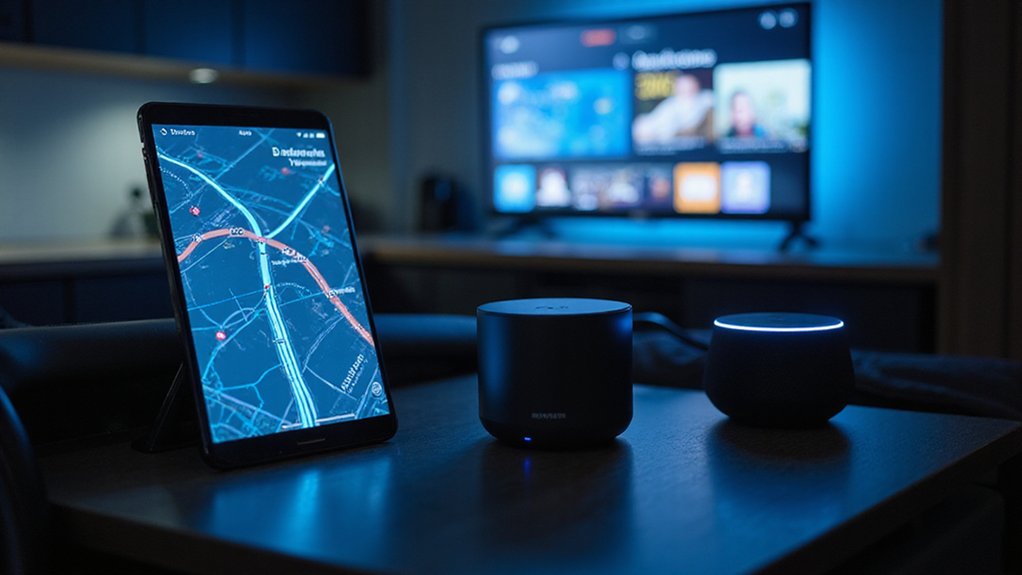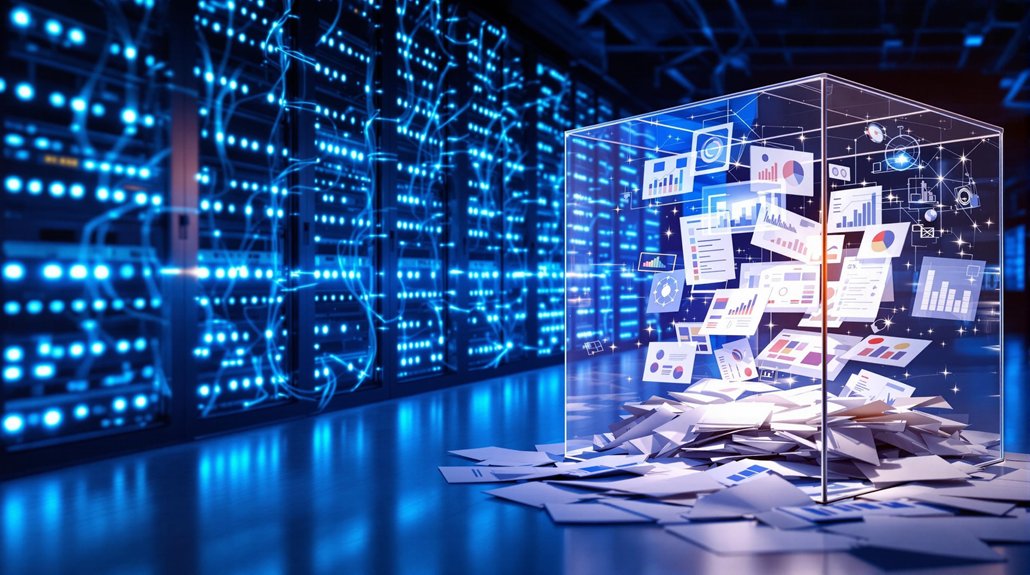Artificial intelligence quietly shapes daily routines in ways most people don’t notice. Navigation apps reroute drivers around traffic jams using AI algorithms. Ride-sharing services match passengers with drivers through complex computational systems. Digital assistants learn user preferences to provide more helpful responses over time. These technologies operate behind the scenes, making life more convenient without drawing attention to their sophisticated inner workings. The integration continues to expand into more aspects of everyday life.
While most people may not realize it, artificial intelligence has become a key part of everyday life. From the moment someone wakes up until they go to bed, AI technologies are working behind the scenes to make daily tasks easier, faster, and more personalized.
Navigation apps represent one of the most widely used AI applications. When commuters check their phones for the fastest route to work, AI is analyzing real-time traffic data, predicting congestion patterns, and calculating the ideal path. These systems continuously learn from traffic flows and can redirect drivers around accidents or construction zones within seconds. Auto-navigation systems represent classic examples of AI that have revolutionized how people travel and commute daily.
AI maps don’t just show routes—they predict traffic, learn patterns, and reroute you instantly around obstacles.
Ride-sharing services also rely on AI to match passengers with nearby drivers and set prices based on demand.
Digital assistants have transformed how people interact with their devices. When someone asks Siri for the weather forecast or tells Alexa to play music, they’re communicating with sophisticated AI systems that understand natural language. These assistants learn user preferences over time, becoming more helpful with each interaction.
Voice recognition technology has made texting while driving safer by enabling hands-free operation and has improved accessibility for people with disabilities.
Perhaps the most subtle but pervasive use of AI appears in content personalization. The movies suggested on streaming platforms, products recommended while shopping online, and even the order of social media feeds are all determined by AI algorithms. These systems analyze viewing habits, purchase history, and engagement patterns to predict what content will be most relevant. These algorithms utilize complex machine learning techniques to continuously improve their recommendations based on user feedback and interactions.
This personalization creates a unique experience for each user, making services more engaging and useful. Financial institutions have implemented AI systems that monitor transaction patterns to detect and prevent fraudulent activities before they impact customers.
AI has quietly integrated into daily routines to the point where many people don’t even notice its presence. From avoiding traffic jams to finding the perfect movie recommendation, artificial intelligence is constantly working to save time and enhance experiences. What once seemed like science fiction has become an essential part of modern life.









